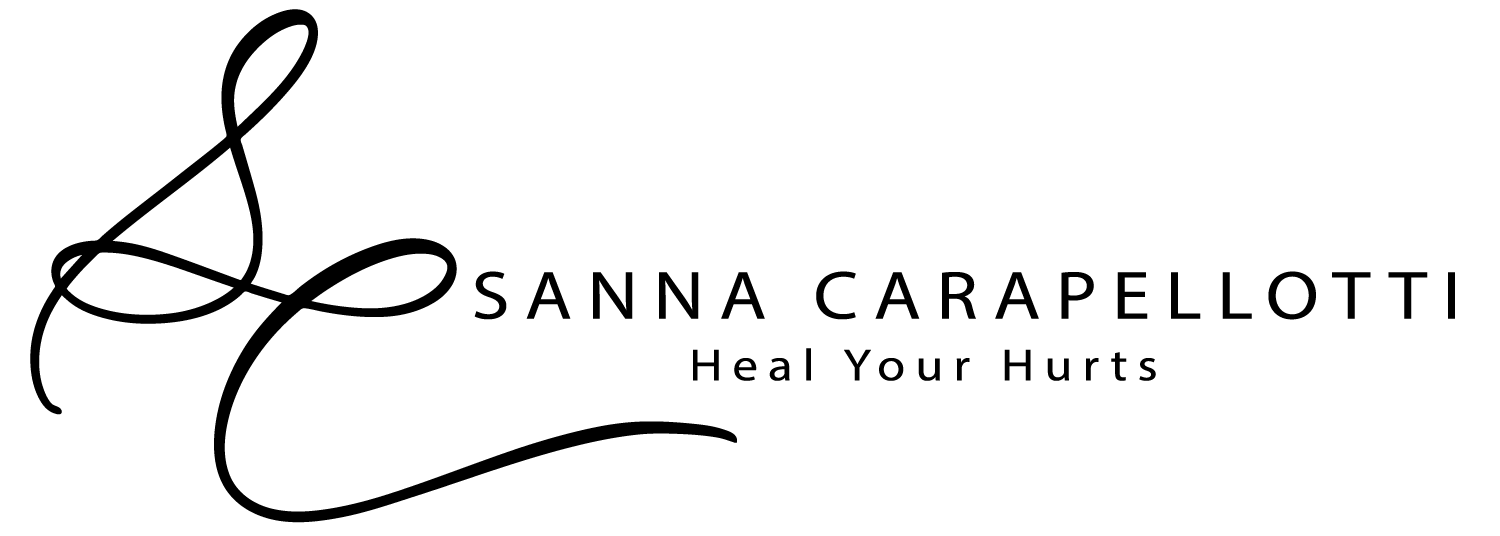Still hurting?
Ready for a Holistic approach?
Maybe the search is over.
Make Peace With Your life
Does healing feel like another hardship?
You are not alone if you’re still hurting after years of traditional therapy and self-help books. Maybe you’re looking for more creative, holistic approaches to finding relief and inner peace.
Life’s too short to live in constant stress!
No matter what happened, remember, there is no diagnosis or situation from which someone hasn’t survived or healed. What if you can tap into inborn strength to overcome challenges too?
Sometimes talking isn’t enough!
Symptoms usually stem from buried core issues. The subconscious mind-body holds every moment of your life, including your ancestors, and is also where healing happens.
Healing is an inside job
Emotional and lifestyle patterns are valuable clues to refining mind-body health. Imagine healing a legacy of distress and forging forward with strong resilience to shape a new reality.
“I went from adolescent to leading man in 8 weeks.” Mike
Energy psychology quickly transforms your life!
Energy psychology (EP) is a mind-body approach adaptable to a wide range of stress. EP produces rapid and often permanent relief for long-standing pain and hurt for adults and children.
Go beyond talk for powerful results!
Imagine experiencing emotional relief by tapping on pressure points, creating powerful imagery for performance, or diving into the power of your lineage to release trauma and find joy!
Healing the subconscious mind-body
My signature partnership, The Core Healing Initiative (CHI), facilitates the effective release of old patterns, programming, and trauma, including childhood and generational stress.
You can start healing now!
I invite you to complete the “Is CHI for ME” survey and set up your 30-minute Discovery Call. Taking these first steps can help you to go from hurt to healed! Maybe your search is over!
“Sanna’s work is beyond therapy. Finally, I am at peace.” Sherry
When talking isn’t enough…
Energy Psychology
for your peace of mind
Holistic, Dynamic Approaches for Healing:
Long-standing distress of
Childhood, i.e., abandonment
Generational trauma
Pain and fear for
Surgery and recovery
Illness and medical trauma
Stress, blocks, and fear for
Academic testing
Athletic pursuits
Food Related Stress for
Junk food termination
Lifestyle changes for health
Early trauma
